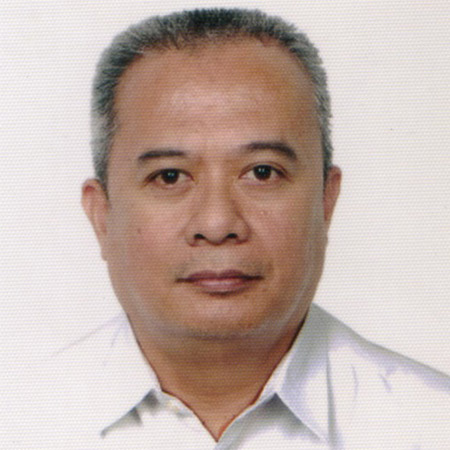 Can a forwarder/courier company inspect package/s to be shipped? Yes and this is why.
Can a forwarder/courier company inspect package/s to be shipped? Yes and this is why.
On August 8, 1987, Andres Martin went to the office of Manila Export Forwarders (MEF) with four gift-wrapped packages which he said was for a friend in Singapore. Martin subsequently filled up the necessary contract/documentation.
An employee of MEF asked Andres if he could inspect the packages. Andres refused and assured the employee that the packages contained only books, cigars and other gifts for his fiancée. In view of Andres’ representation, the packages were not inspected and were placed in a corrugated box sealed with packaging tape then readied for shipment.
But before delivering the corrugated box to a consolidator, a supervisor of MEF, following standard operating procedures, opened the box for final inspection. A peculiar odor emitted from the packages; one gift-wrapped package was found to contain dried leaves suspected to be marijuana leaves.
The MEF supervisor reported the matter to the National Bureau of Investigation. In the presence of NBI agents, the other three gift-wrapped packages were opened and were found to also contain dried leaves. As a result, the NBI took custody of the four gift-wrapped packages with dried leaves. After a forensic examination, the dried leaves were determined to be marijuana flowering tops.
An information was thereafter filed against Andres for violation of Republic Act 6425, otherwise known as the Dangerous Drugs Act. After trial, the trial court rendered a decision convicting him.
Andres appealed his case to the Supreme Court, claiming a violation of his constitutional right against unreasonable searches and seizure. But the Supreme Court ruled in the following tenor:
“ x x x
On the other hand, the case at bar assumes a peculiar character since the evidence sought to be excluded was primarily discovered and obtained by a private person, acting in a private capacity and without the intervention and participation of State authorities. Under the circumstances, can accused/appellant [Andres] validly claim that his constitutional right against unreasonable searches and seizures has been violated? Stated otherwise, may an act of a private individual, allegedly in violation of appellant’s constitutional rights, be invoked against the State?
We hold in the negative. In the absence of government interference, the liberties guaranteed by the Constitution cannot be invoked against the State.
x x x”.
We must always remember the protection against unreasonable searches and seizures cannot be extended to acts committed by private individuals so as to bring them within the ambit of an alleged intrusion by the government.
For questions or comments, email the writer at jtb@pac-atlantic.com.ph.





